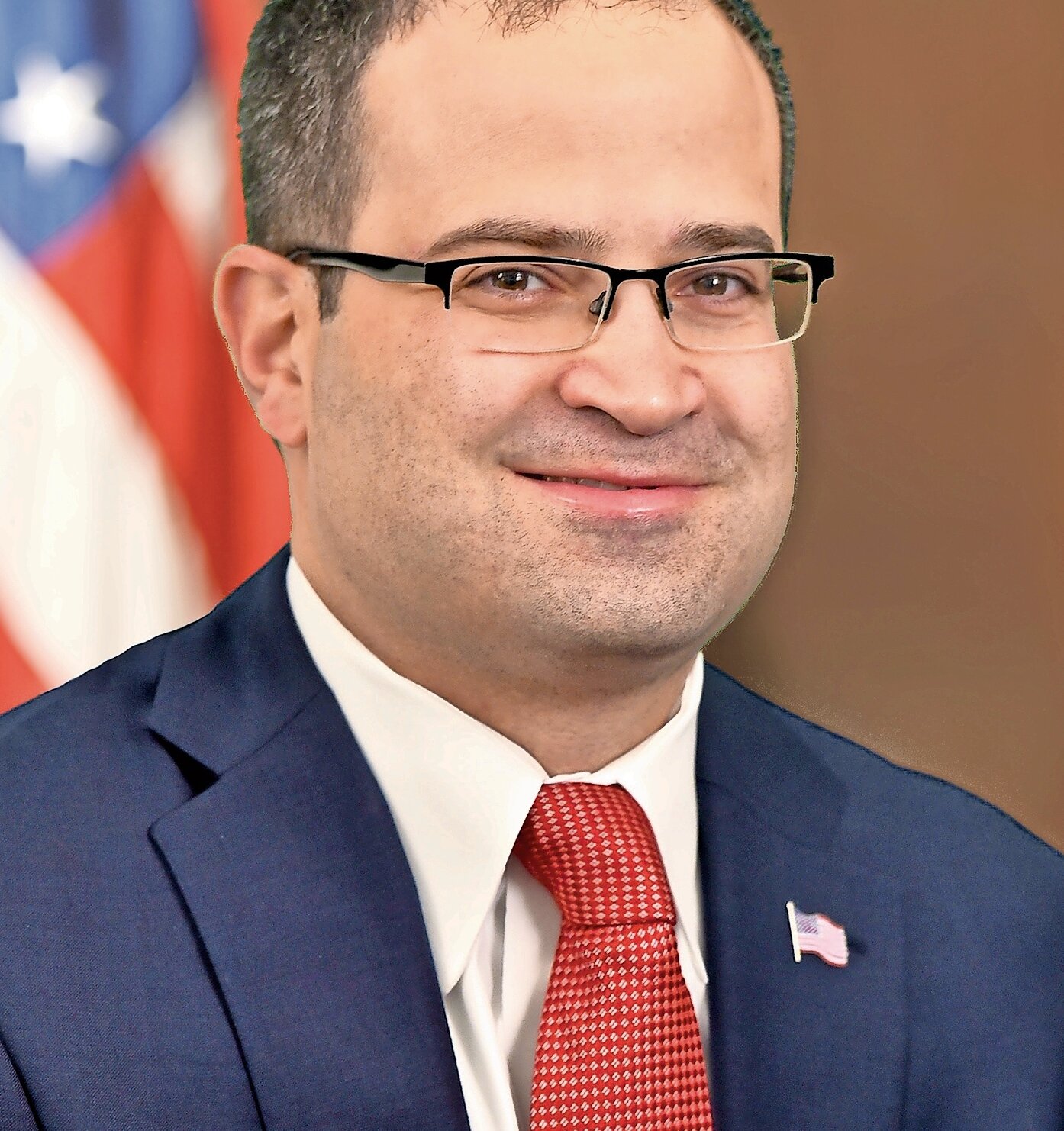Closed for business? N.Y.’s small retailers need help.
“Closed” is a sign we see all too often these days, and it’s become a hyperbolic symbol for the current business climate in our state. With National Independent Retailer Month — July — behind us, it’s easy to shift our focus away from supporting small businesses until next year. But given the vital role those businesses play in our communities, especially as many face collapse, we must remain attentive.
There is a noticeable slowdown in customer foot traffic and earnings for smaller independent retailers, compounded by challenges we as consumers are also facing, such as inflation. Many businesses are also grappling with labor challenges, along with rising gas prices and utility bills. These obstacles make it extraordinarily difficult for small, independent retailers across the state to thrive, because they are dealing with the same economic pressures as their customers.
Constantly evolving trends in the labor market pose distinct challenges for small businesses. Have you waited in long checkout lines, wondering why so many registers are empty? Covid-19 exacerbated the problem, but we were already in a tight labor market before the pandemic. Despite New York’s economic reopening and the recovery of the labor market, a substantial portion of the workforce has exited, with many choosing early retirement or gravitating toward remote and hybrid work. This shift presents a particular challenge for retail businesses, which require on-site staff to operate effectively.
New York doesn’t have the best reputation for being business-friendly, particularly when it comes to tax policy. The nonpartisan Tax Foundation ranked the state’s business climate 49th in the country this year. In such a competitive climate, employers are racing to find creative and meaningful ways to retain employees. A good start would be lowering taxes, investing in community programs that help our children and seniors, making child care more affordable and working with the private sector to rein in out-of-control insurance costs.
From a legislative point of view, one problem that would be easy to solve, which would significantly alleviate the burden on small businesses, is the cost of unemployment insurance. I have long been vocal about how that expense is a major contributor to New York’s economic strife. During the pandemic, unemployment spiked, and the state had to borrow money to cover the costs. Now, small businesses are bearing the brunt of repaying this debt through high state unemployment insurance tax rates, added federal UI taxes and special assessments. This translates to an extra $400 per employee per year, costing small businesses thousands of dollars annually.
New York and California are the only two states still grappling with this debt, which they owe to the federal government’s unemployment insurance fund. Other states have long since resolved their UI issues, but because our outstanding balance has yet to be paid off in full, interest costs have risen dramatically for employers, squeezing mom-and-pop stores out of business and threatening all businesses trying to stay afloat. A recent report on how New York handled the pandemic pointed to UI as a significant area of failure.
To address this, I’ve introduced a bill that proposes using financial settlements to pay back the federal government and relieve small-business owners. These financial settlements are agreements the state attorney general negotiates with a defendant, often a corporation, to pay a sum of money to resolve allegations of legal violations. The funds from these settlements are typically used to compensate those affected, support state programs and cover legal costs. The state must allocate budget funds to pay its fair share and reduce this financial strain. Employers shouldn’t bear the burden of fiscal mishandling by state leaders.
Empty storefronts are becoming an all-too-common sight in towns on Long Island and across the state. When small businesses can’t keep their doors open, the entire community feels the impact. These businesses are vital for maintaining vibrant and thriving neighborhoods. Full storefronts mean more tax dollars for local services, more jobs and greater community engagement. They often sponsor local Little League teams and parades, creating a mutually beneficial relationship that strengthens both the business and the community.
In the upcoming legislative session, lawmakers must prioritize the needs of small businesses. By addressing unemployment insurance costs and creating a more business-friendly environment, we can help our small businesses not just survive, but thrive. The vitality of our communities depends on it.
Ed Ra represents the 19th Assembly District, and is the ranking Republican member of the Assembly Ways and Means Committee.






